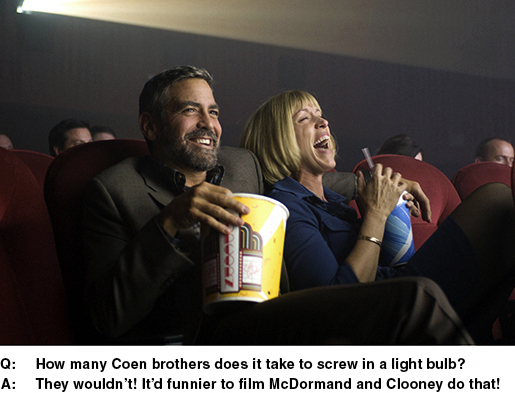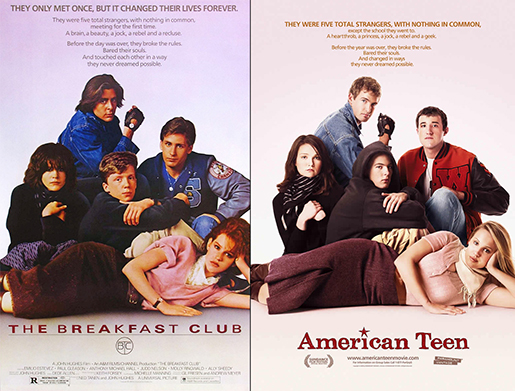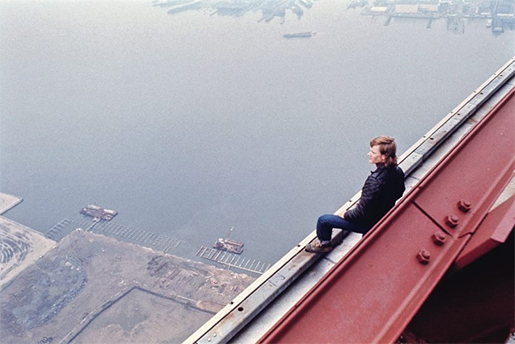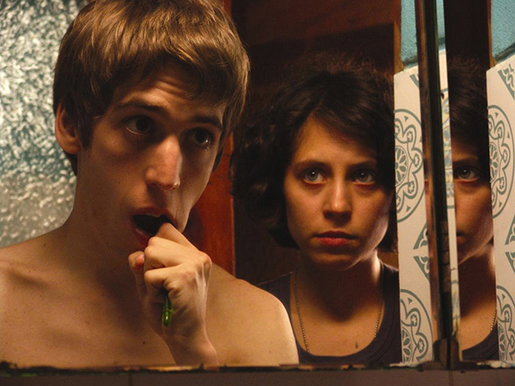Movie Review: BURN AFTER READING (2008)
![]()

A few months shy of a year, right after winning Academy Awards for best written, produced and directed film of 2007, Joel and Ethan Coen breathlessly churn out something completely different. Such confident, heady, speedy workmanship that is Burn After Reading makes me wonder if the Coens realize No Country For Old Men – a film full of Chigurh – actually won the Best Picture. For a comedy about government intelligence, it is curiously, though appropriately ominous. This coming from the Coen Brothers, I am not surprised. I am overjoyed.
Burn After Reading is not as broad and eccentric as Raising Arizona (1987) and O Brother, Where Art Thou (2000). Don’t get me wrong, it’s still eccentric. The comedy is more subdued like Barton Fink (1991) where the stuck up title character (John Tuturro) proclaims himself a writer of the common man (“The life of the mind. There’s no road map for that territory”.) while ignoring a bumbling insurance salesman (John Goodman) who often says “I could tell you some stories”.

















